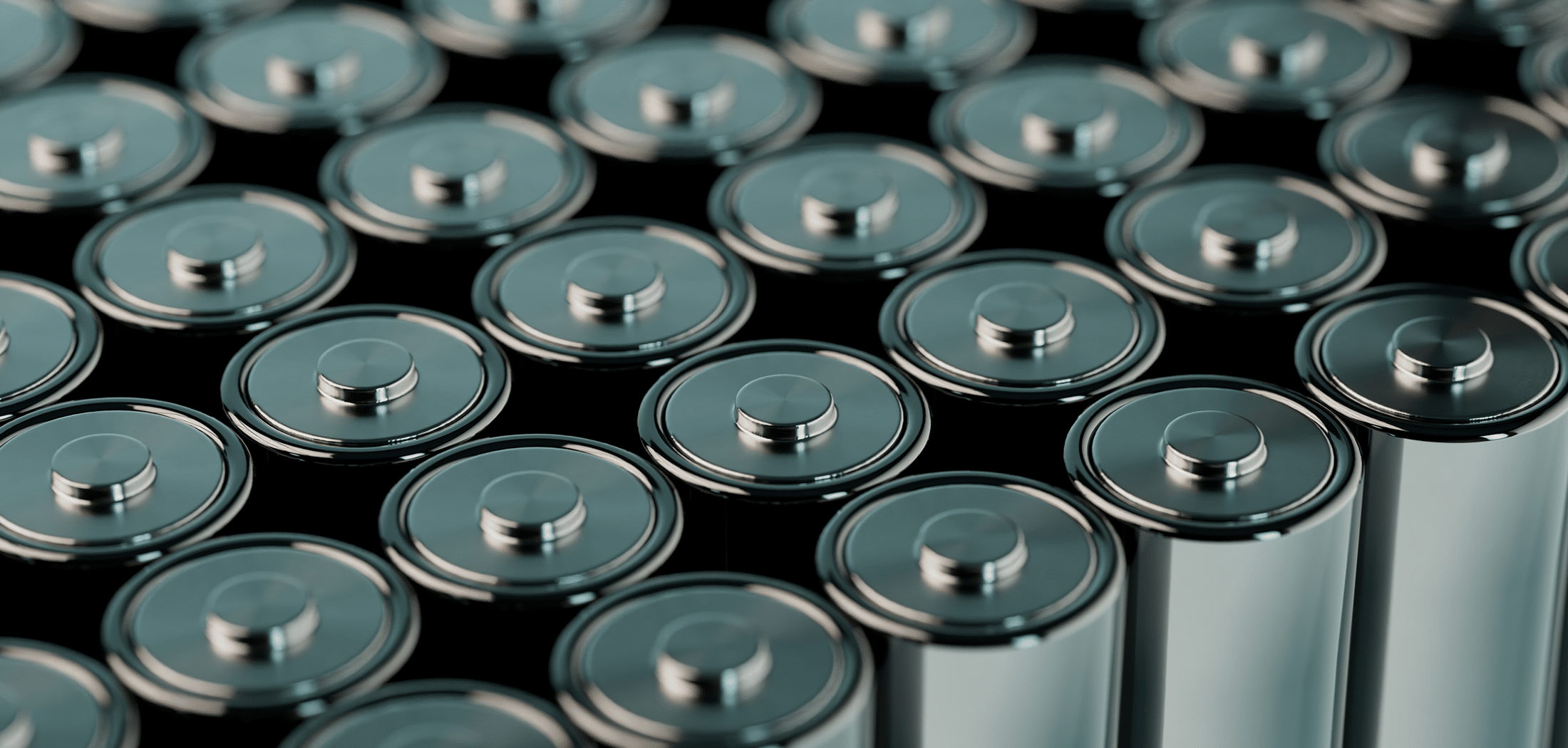
The batteries that we have traditionally used in consumer products are disposable alkaline batteries, however in recent years the newer lithium-ion batteries, which can be charged and reused, have become increasingly popular. While in many cases it’s an easy swap from alkaline to lithium, there are differences in voltage and capacity between the two that can cause issues.
With improved capacity and the ability to recharge it’s no wonder that lithium-ion batteries have become nearly ubiquitous, to the point that most products we use on a daily basis are now rechargeable. Smart phones, earbuds, tablets, laptops, e-bikes, e-scooters, automobiles, toys, key fobs, and even defibrillators all use these lithium-ion batteries.
Unfortunately, given their newfound prevalence, there are risks associated with lithium-ion batteries and a number of fires have been recorded in spite of the built in safeguards that should prevent combustion and explosion. These safeguards alongside the cautions and directions that are readily available are sadly imperfect in preventing fires, especially given the fact that abuse of lithium-ion batteries is rife by both consumers and in the marketplace.
Lithium-ion batteries are sensitive to heat and hard to recycle, these factors in and of themselves do not create dangers. The issue to the everyday consumer is that lithium-ion batteries have a lot of energy packed into a small area and when they fail, they go into a process called “thermal runaway”. If a battery is overcharged and the failsafe doesn’t work, once it reaches capacity it can explode. If it is dropped and damaged, or altered in any way, it can set off an internal chain of events that could lead to a fire. Of course, batteries should not be used beyond their lifespan and these lithium‑ion batteries have a shorter lifespan than one would otherwise expect given that they are rechargeable.
In order to try to avoid any mishaps, always read the instructions that come with your lithium-ion device and follow the manufacturer’s instructions fully. Only use batteries designed for the device and the appropriate charging cord that came with the product. Store batteries away from flammable items, be sure to avoid excessive charging and when batteries are damaged replace them immediately.
If you follow these precautions then you shouldn’t have any issues. However, there are simply times when the batteries themselves are defective. It has also been known that defective batteries have been found on the secondary market, despite having already been discarded. All new batteries should be checked in terms of their expiry date.
In instances where a battery does cause a fire, the consequences can potentially be devastating. There is one particular case of children using an electric “ride on” car that caught on fire due to the battery. Thankfully in that instance the parents were nearby and were able to rescue the children from any serious harm. Had they not been the results could have been tragic and others have not been so lucky.
Should you find yourself the victim of a lithium-ion battery incident and suffer injuries, you are not without recourse. Everyone has a right to use a battery powered device and trust they are safe. When it does not happen and someone is injured, you should call an experienced product liability lawyer. While you will need to prove the device was used as specified and all manufacturer’s instructions were followed, this does not rule out a defect in the battery that led to the fire, or the device itself. A lawyer can assist you in investigating the cause of the mishap as the vendor, manufacturer, or distributor of the device, may potentially be liable. Even if the manufacturer is in China, where many of these products and batteries are manufactured, there may still be recourse for a successful claim for compensation in Canada. Accordingly, if you are ever the victim of such an injury suffered by a lithium-ion battery powered device, contact an experienced product liability lawyer Michael J. Henry, 416-361-0883, mjhenry@hshlawyers.com.






